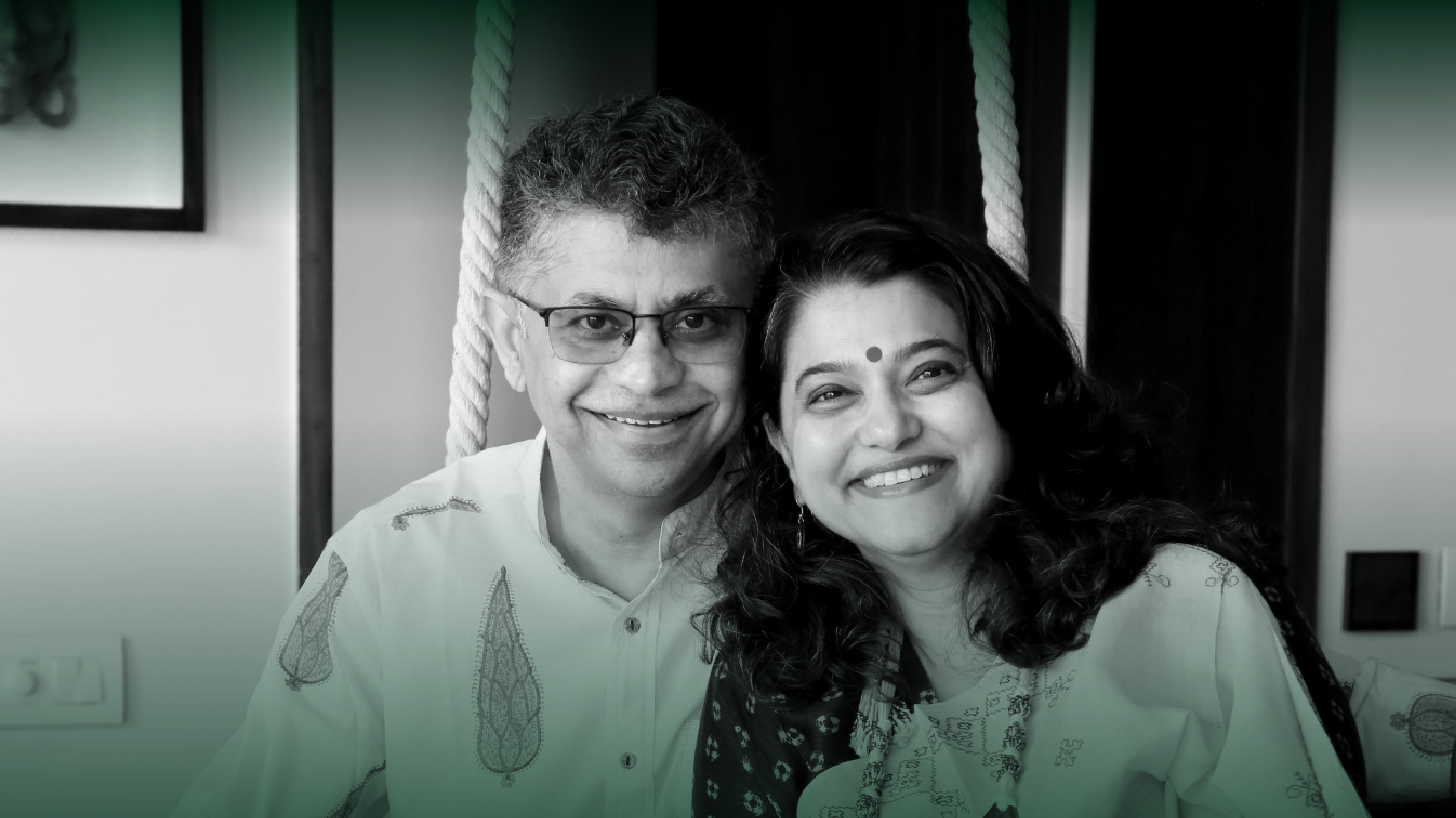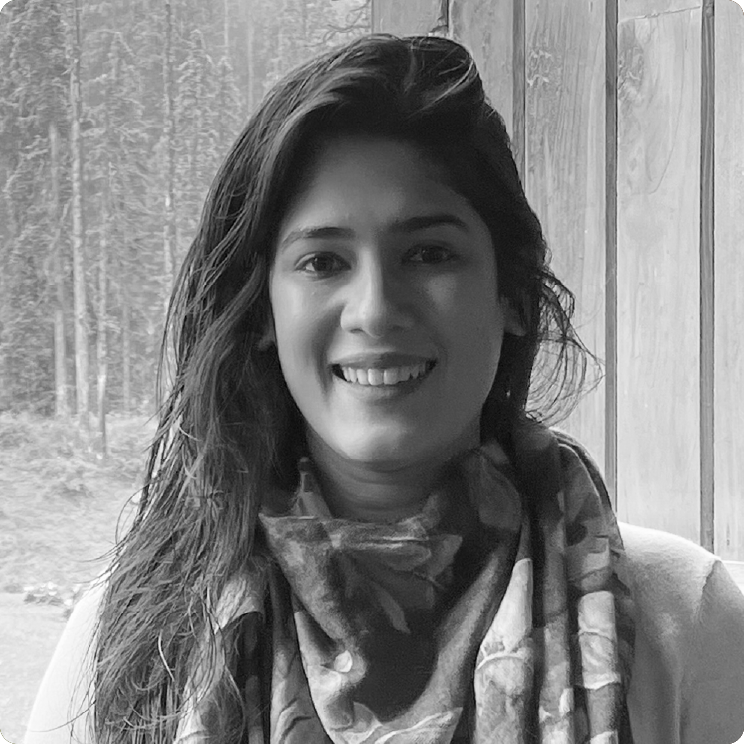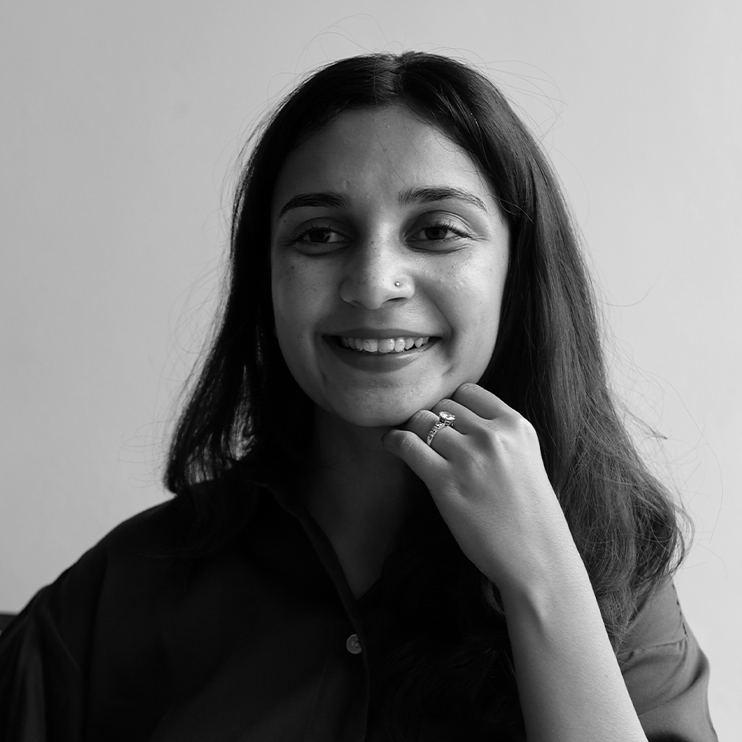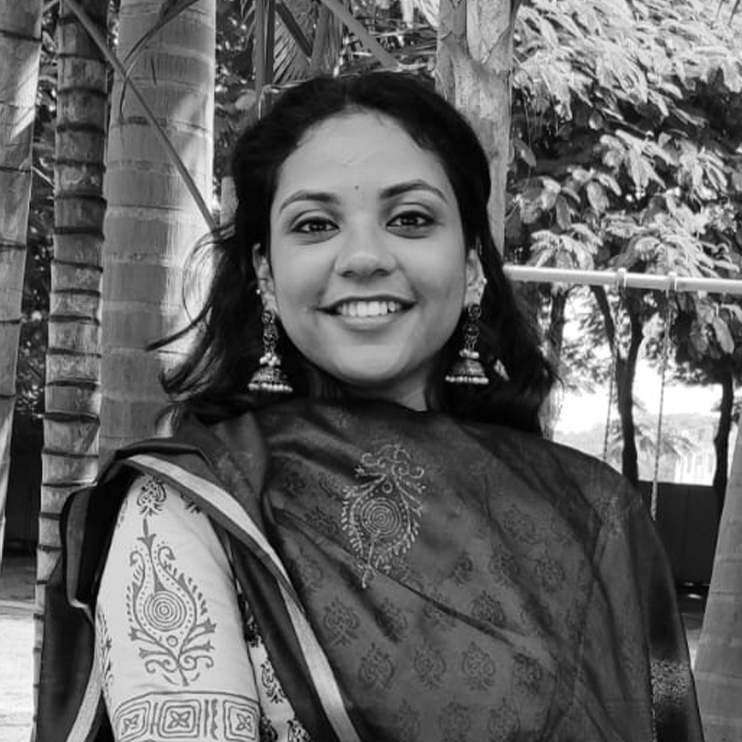Built on Trust: The Tarsadia Foundation’s Journey of Community-Driven Change
When a devastating earthquake struck Gujarat’s Kutch region in 2001, BU Patel saw more than destruction—he saw resilience. As he sat with local leaders, listening to their needs, he realized something profound: the most effective solutions weren’t imposed from the outside—they were being led by the very people experiencing the crisis.
That experience reshaped his understanding of philanthropy. It couldn’t just be about charity; it had to be about trust. BU witnessed firsthand how grassroots leaders were not just responding to the crisis but rebuilding their communities. He saw that real impact wasn’t about short-term aid—it was about investing in those with deep local knowledge and commitment.
Returning from Kutch, BU was struck by the potential of philanthropy as a vehicle for systemic change. His daughter, Maya Patel, recalled, “Dad saw the diaspora mobilizing to give back, and he came home thinking—if so many people are doing it, how can we do it too?”
That realization laid the groundwork for the Tarsadia Foundation, formally established in 2008. Guided by four core pillars—Inclusive Mobility, Crisis and Threats, Human Transformation, and India Upliftment—it evolved beyond traditional grant-making into a trust-based philanthropic model. Through unrestricted funding and deep respect for local wisdom, the Foundation enables communities to shape their own futures. “Communities don’t need outsiders to dictate solutions,” Maya explained. “They need partners who trust and amplify their leadership.”
From Personal Giving to a Global Mission
BU Patel’s story, like that of many immigrants, is one of ambition, sacrifice, and an unrelenting drive to build a better life. Growing up in a small village in Gujarat, he later moved to Zambia before settling in the United States. In Anaheim, California, he purchased a small motel—not just a business, but a foundation for his family’s future. It was here, through long hours and tireless work, that his values of resilience, generosity, and responsibility took root.
Despite his success, giving was never an afterthought—it was instinctive. Inspired by his mother, Diwali Ben, who never turned away anyone in need, BU followed the same path. Whether helping fellow immigrants establish businesses, funding education, or supporting struggling families, he believed in lifting others as he climbed.
In 1999, BU and his wife, Pushpa Patel, formalized this commitment to giving by establishing the Singod Foundation, focused on education and community development in Gujarat. Yet, it wasn’t until his experience in Kutch that he realized short-term aid wasn’t enough. Philanthropy had to move beyond charity—it had to be about investing in systemic solutions and empowering local leaders.
By 2008, this vision crystallized with the creation of the Tarsadia Foundation. Maya led the transformation, ensuring their work wasn’t just about funding projects but building a long-term model of impact—one rooted in deep community engagement. “We knew we wanted to focus on education, healthcare, and economic development,” Maya explained. “But we also wanted philanthropy to be something that brought our family together.”
This family-driven, trust-based approach became the cornerstone of the Tarsadia Foundation’s philosophy. Instead of just writing checks, they traveled to communities, sat with local leaders, and listened—learning directly from those closest to the challenges.
BU, Pushpa and Maya Patel, with their extended family, volunteering to support a local nonprofit
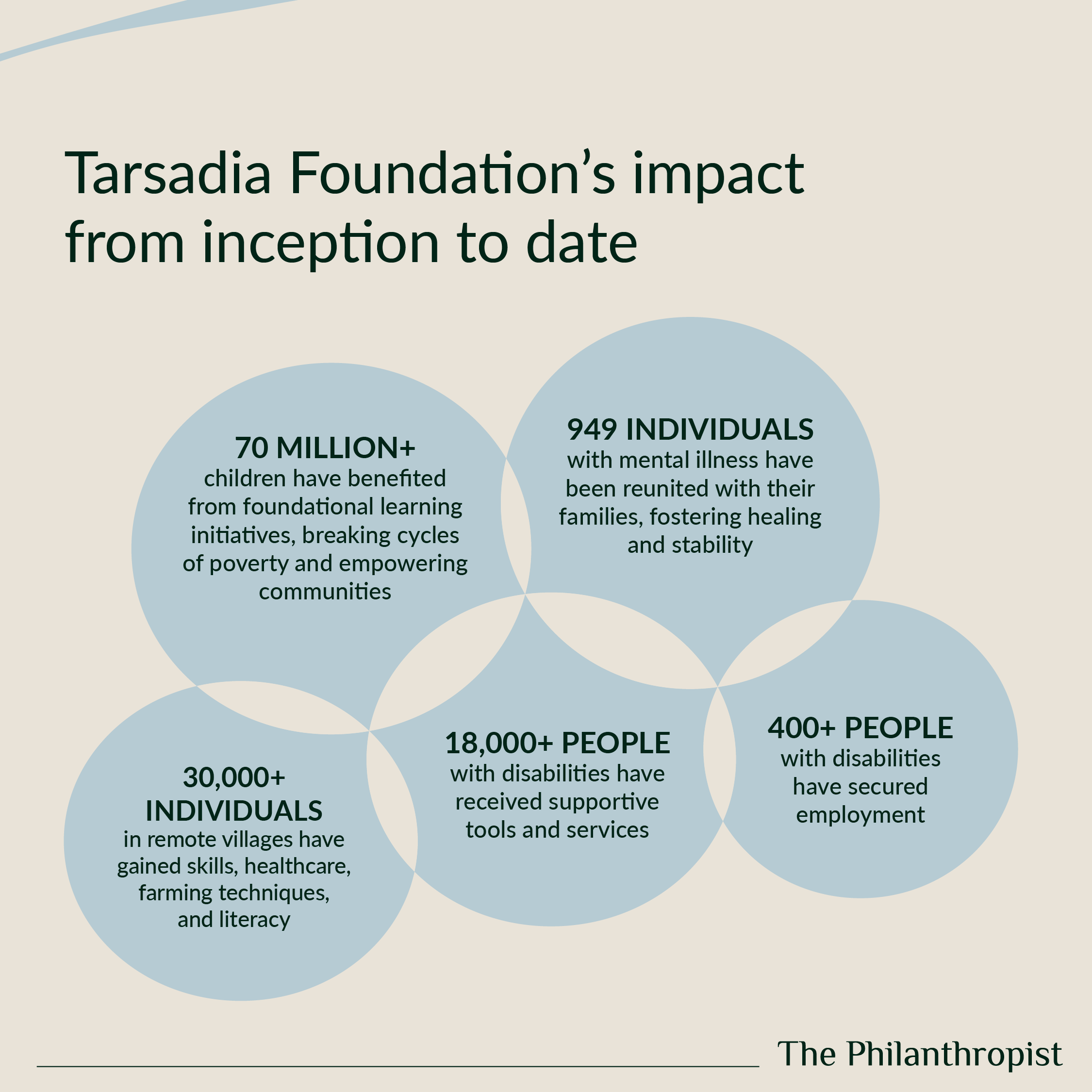
Tarsadia Foundation’s journey of impact
A Global Network with Local Roots
What began as hands-on, personal engagement has grown into a network of global partnerships, but the approach remains the same: relationships first. “Every place we visited, we tried to make a connection,” Maya reflected. “We’ve never just funded projects—we’ve built partnerships.”
As the Foundation grew, it shifted beyond direct giving to partnering with global leaders like the Roddenberry Foundation’s +1Global Fund—scaling solutions that create systemic change. “Now, we fund organizations that are leading large-scale work,” Maya explained. “We’ve evolved, but our core belief remains: the people closest to the problem are the ones best equipped to solve it.”
This belief has shaped the Foundation’s four key pillars of impact:
Inclusive Mobility: Breaking down structural barriers to upward mobility, the program is creating pathways for marginalized communities to thrive. In 2024 alone, it deployed 145,000+ micro-business loans totaling $550M, empowering nearly 29,000 underserved women entrepreneurs. Additionally, 142,000+ young adults were connected to high-quality jobs and training opportunities, while 3.6M+ youth engaged in workforce development services. Expanding access to financial stability and healthcare, the program provided 3,600+ low-income immigrant entrepreneurs with capital, credit-building support, and financial education, and delivered critical healthcare services to 1.3M+ patients—helping individuals and families build a more secure future.
Crisis and Threats: Addressing urgent global challenges, from food insecurity and climate change to housing crises and disaster relief. In 2024 alone, it provided more than 875,000 nutritious meals to 62,000+ individuals facing food insecurity, supported ~ 2,200 people transition out of homelessness, and delivered critical wraparound services to more than 72,000 homeless individuals. Through climate-focused initiatives, it also contributed to avoiding 7.3M metric tons of CO2 emissions, driving sustainable impact for communities worldwide.
Human Transformation: At the heart of Tarsadia’s mission is a deep commitment to mental well-being and emotional resilience. In 2024, the Foundation equipped 126,000+ students with essential self-regulation tools, while 1,000+ schools and nonprofits across 42 U.S. states, Puerto Rico, and 17 countries integrated SEL (Social-Emotional Learning) curriculum, fostering healthier, more resilient communities.
India Upliftment: While Tarsadia Foundation operates globally, India remains its heart—not just as a legacy, but as a center for innovation and learning. BU Patel’s experience in Gujarat shaped Tarsadia’s core belief: investing in local changemakers who understand their communities best.
“India is our home, our roots, our family, our story,” BU reflected. Tarsadia Foundation’s India portfolio spans education, women’s empowerment, and healthcare, with a strong emphasis on community-led solutions rather than one-size-fits-all approaches. India also serves as a hub for impact insights, allowing the family to adapt lessons learned in India to projects worldwide—and vice versa.
One of its most significant initiatives in India is the Rebuild India Fund, launched in partnership with Dasra in 2020. The Fund strengthens grassroots organizations, many of which are overlooked by traditional funders. Through unrestricted, flexible funding, it enables local leaders to scale their impact and build long-term resilience.
Since its inception, the Fund has supported 200+ grassroots organizations, impacting over 6 million people across 25 states. With a strong focus on equity, most of these organizations are led by proximate leaders and women.
Beyond the Rebuild India Fund, in 2024, the Foundation supported initiatives that provided microcredit grants and cash transfers to ~157,000 families, helping them achieve greater financial stability. Additionally, 1.6 million children and 98,000 teachers participated in foundational learning programs, strengthening early education and shaping brighter futures for young learners.
Africa also holds a particularly special significance for the Patel family, representing both historical roots and future possibilities. In 2017, they retraced BU and Pushpa’s early business journey, visiting the village, house, and store where it all began. “It was incredibly inspiring for the younger generation to see where their grandparents started,” Maya recalled. This emotional connection has since translated into action, with the Foundation supporting community development programs in the region.
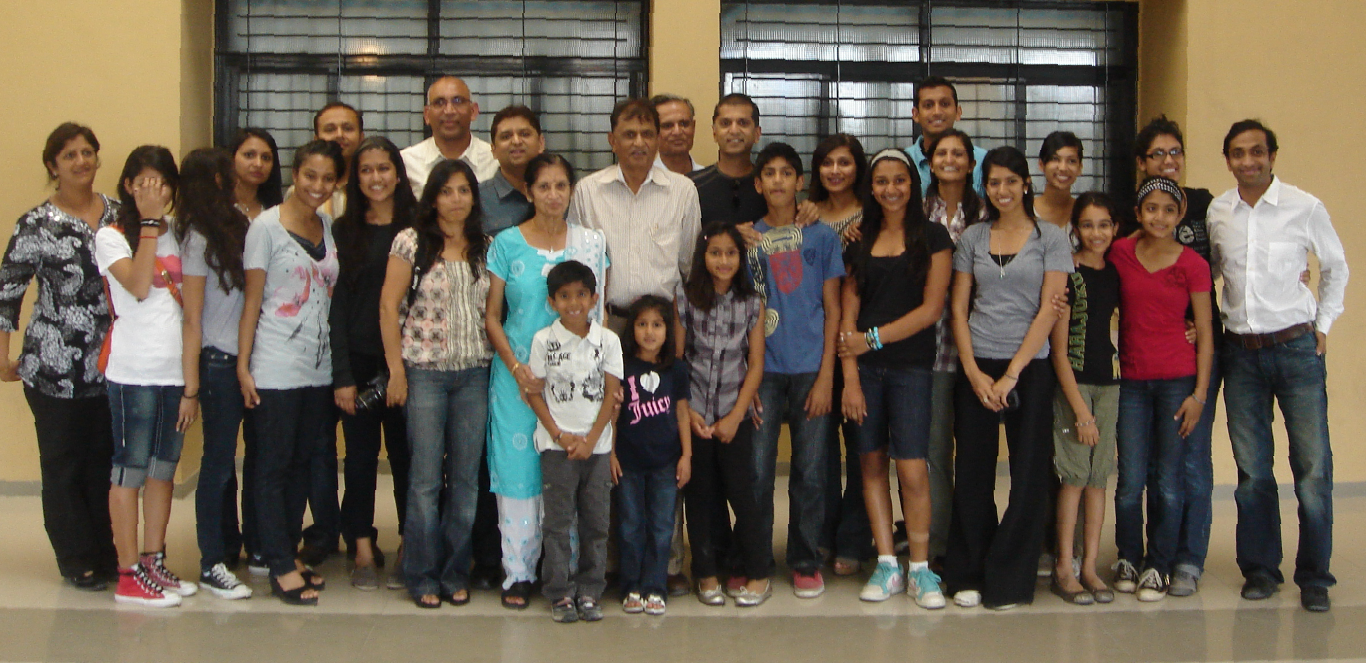
The extended family gathers at UKA Tarsadia University
A Vision for Collective Action
As India approaches its centenary of independence in 2047, Maya Patel envisions a future shaped by collective action. “It’s not about us,” she said. “Real change happens when we work together.”For Tarsadia Foundation, trust remains the cornerstone of effective philanthropy, particularly within the Indian diaspora. While the diaspora has achieved success, Maya believes more structured guidance is needed to channel resources where they matter most. “Trusting the right partners is key,” she explained. “It’s about moving beyond a few major partners to uplifting the many local changemakers already driving impact.”
Looking ahead, BU remains deeply optimistic about India’s progress, particularly in education. “India has the potential,” he said. “And I believe in its people.” For Maya, the ultimate vision for 2047 is equity—a society where opportunity is not determined by race, caste, or background. “I want to see a future where every child, no matter where they’re born, has access to education and a path to economic mobility,” she shared.
As they look to the future, the Foundation remains committed to building something that will outlast them—a movement, not just a model. By investing in human potential, they ensure that their work will resonate for generations to come.
Inspired thinking presented by

YOU MAY ALSO LIKE
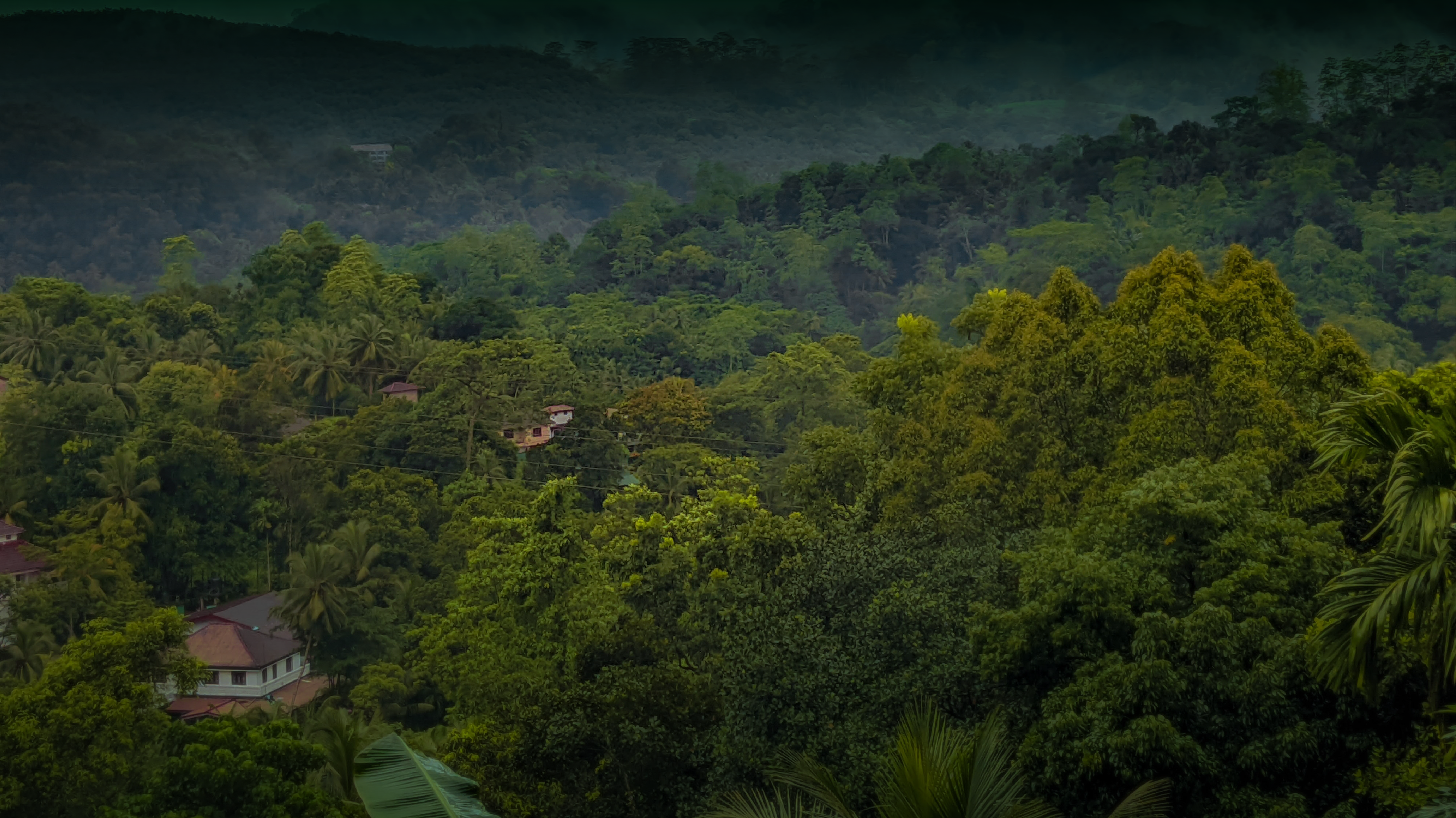

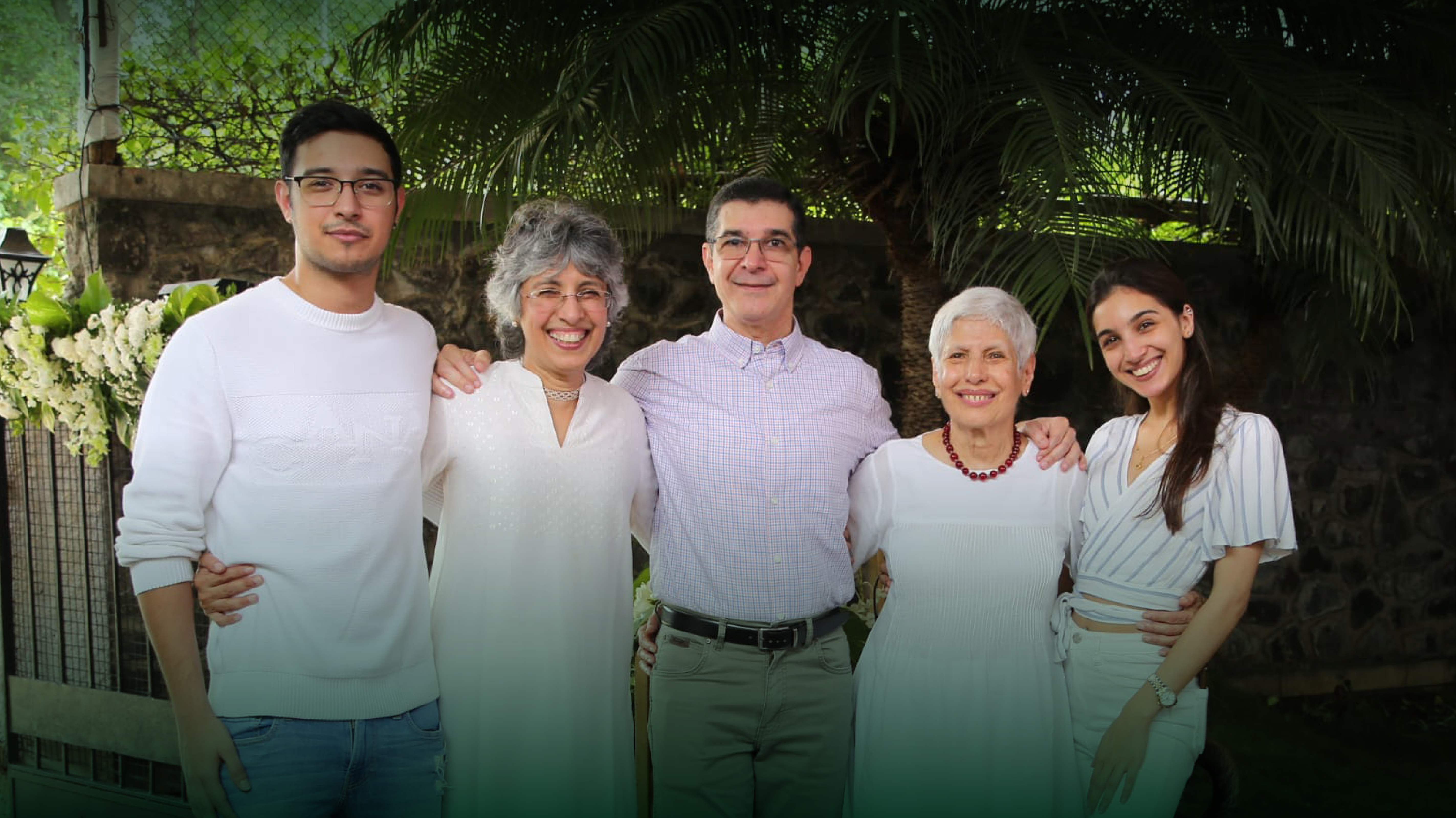






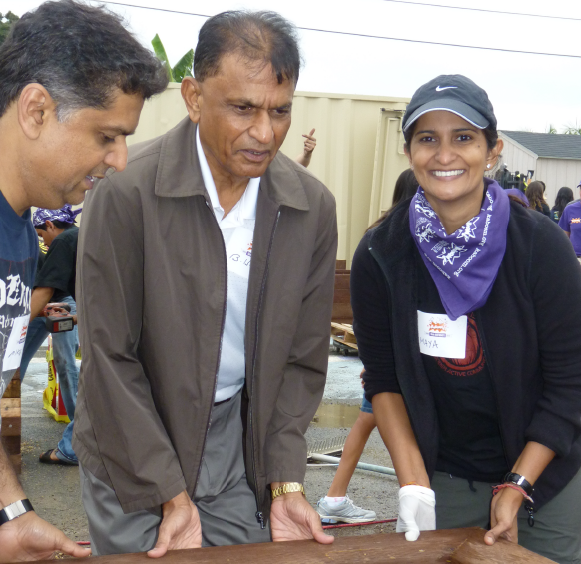
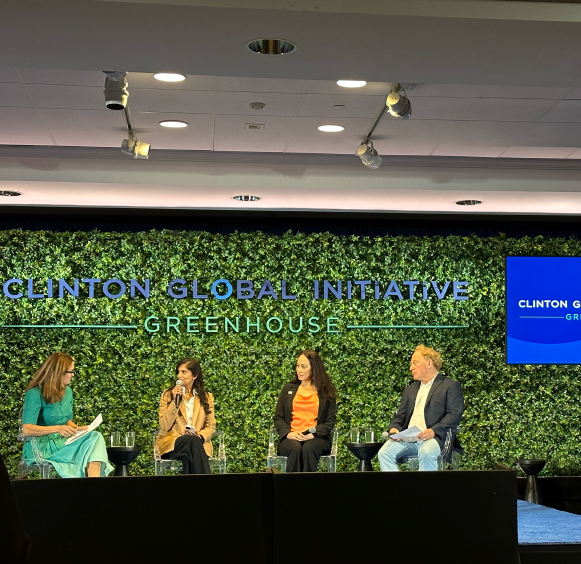
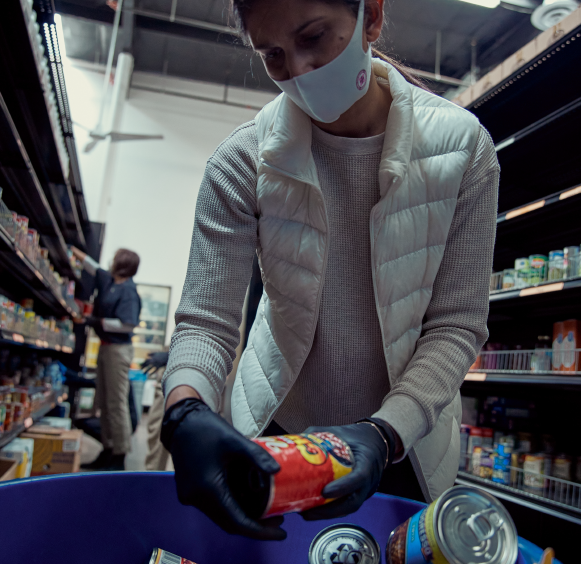
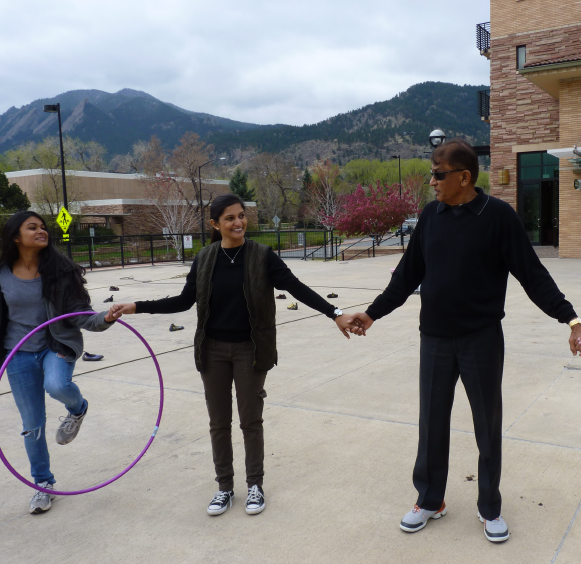
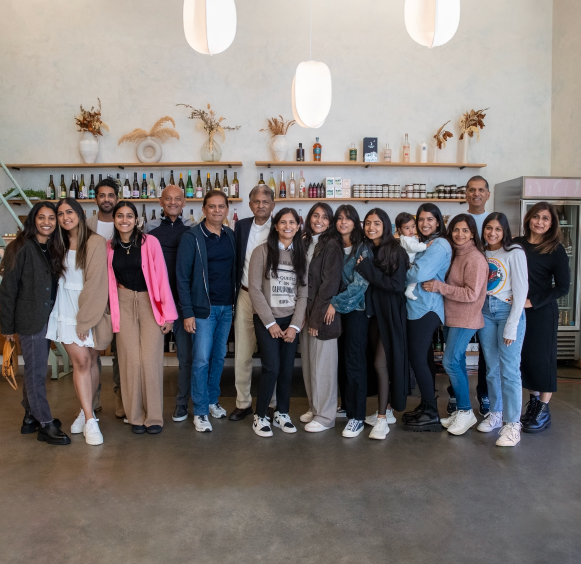


_1028133513.png)
